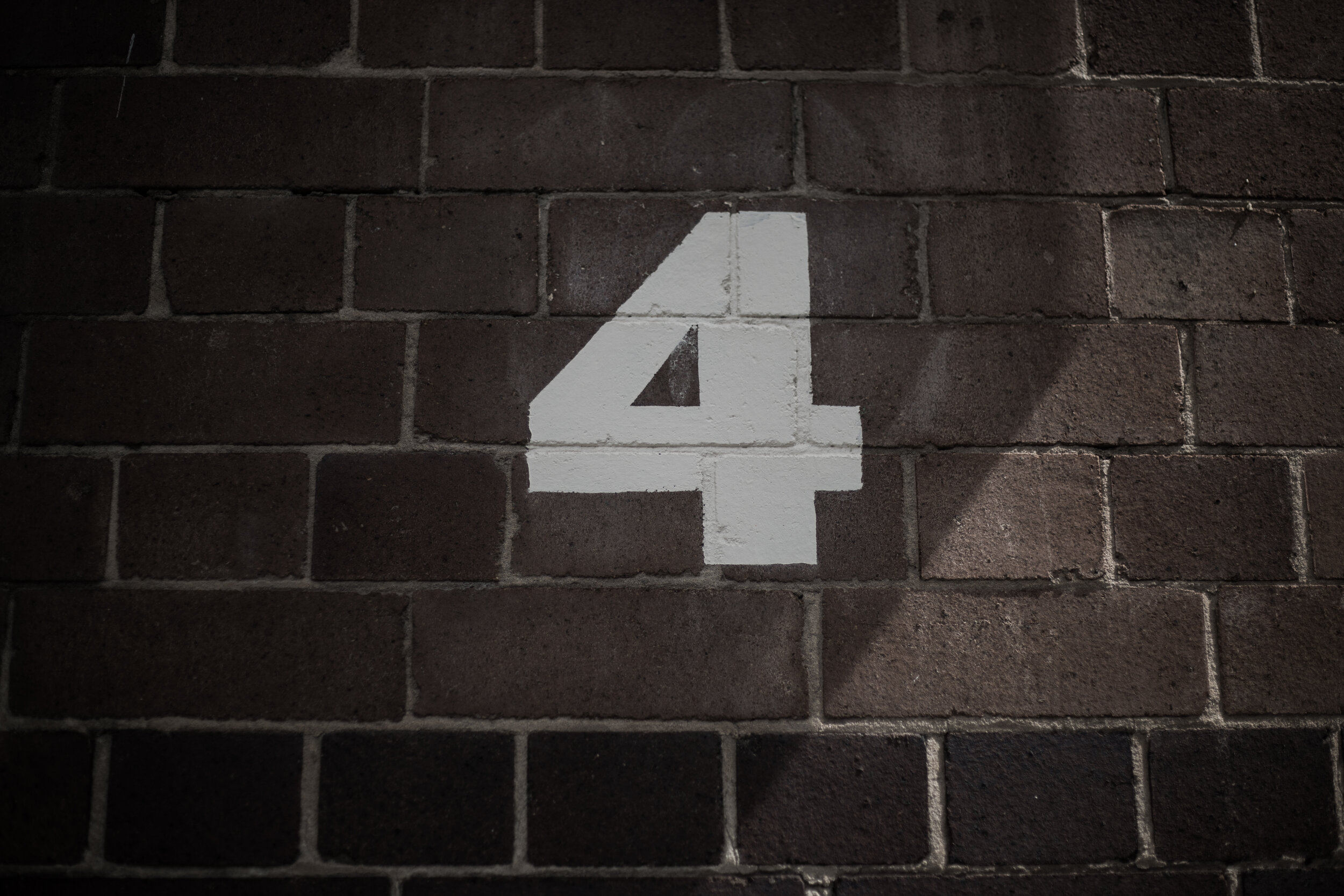
Contractors Insurance Options: SOLVED
Learn about your options, and let’s discuss your options and coverages.
Let’s face it. You didn’t become a contractor because you were an expert in contractor's insurance. And, trying to decipher all of the different types of liability and coverages will make the best contractor’s head spin.
We’re here to help, so in this article, we review everything you could possibly want to know about contractor's insurance- the types of liabilities, the coverage options and more. And, if you want to cut through all of this, just reach out to us and we’ll get you the correct liability coverages at the right price, including general liability, workers’ compensation and more.
The first thing you’ll want to understand is the different types of liability.
Two Types of Liability
Property Damage
Life preserver hanging on a wall.
Property damage is any liability that doesn’t involve injury to a person. This could be as simple as someone tripping over materials at your job site or as complex as an accident caused because someone was watching large equipment on your job site and not paying attention to where they were going.
Bodily Injury
Anytime someone is injured on your job site, excluding your employees and subcontractors, this is known as bodily injury.
Injuries to employees are covered under a workers’ compensation policy. Worker’s compensation is required in every state, any time that you have employees working for you.
The distinction between employees and subcontractors is different for the purposes of insurance coverage, in that the distinction between who should be a subcontractor or independent contractor or an employee is irrelevant. Insurance carriers will provide coverage based on how you structure your business, but you should always consult an attorney to completely understand the Federal and state rules regarding employees and contractors.
Now that we have this explained, let’s dive into the variety of insurance coverages, as well as what they will typically cover and what they will often exclude.
Types of Claims Judgements
In the event that your insurance company decides to fight a claim in court, there are two potential resulting judgments.
Actual Damages
A court or jury judgment for actual damages will include the actual losses related to the claim. This might include real medical costs and/or property damages. This number is typically known by all parties to the claim since it is usually outlined in the original claim and lawsuit.
Punitive Damages
Punitive damages are the amount that a court or jury awards to the winning party above and beyond the actual damages. Punitive damages are more open-ended and with little cap guidance from the judge or legislature. They are usually awarded when the jury either wants to “send a message” to the guilty party or because of damages that might include the lost future earnings of an injured party or future value of the damaged property.
Types of Liability Policies
There are many types of liability insurance coverage. Each policy will have policy limits, inclusions, and exclusions for claims and what you should expect from the insurance company related to the legal defense against any claims.
Umbrella Liability Insurance
Sun shining through beams of a building.
An Umbrella Liability Insurance policy is a policy that covers you for virtually any claim. They are typically the most expensive policy type because of the broad nature of their coverage.
Unlike general liability insurance, umbrella liability insurance has few, if any exclusions.
General Liability Insurance
General Liability Insurance is the most common type of business insurance policy. It is also known as a CGL policy. It typically has a low cost that’s based on your SIC (Standard Industrial Classification) code number, the size of your business and how much coverage you are required to carry by state law or by client requirements.
General liability insurance is also the most basic type and will cover you for lawsuits brought against you by private parties, clients and/or contractors.
It will also have lots of things that it won’t cover, including vehicle claims, workers’ compensation claims, most professional liability claims including defective workmanship and the theft of your tools and supplies from the job site.
Professional Liability Insurance
Professional Liability Insurance is often known as errors and omissions coverage. This type of policy will fill in gaps in a general liability insurance policy, specifically there to pay claims from a client or other party when a service that you provided caused financial harm to them because you made an intentional or accidental mistake.
Worker’s Compensation Insurance
As its name implies, Workers’ Compensation Insurance covers your employees for medical payments due to a workplace injury and lost wages while they are unable to work. The majority of general liability insurance policies do not cover employee injuries, because the carriers are well aware that each state requires workers’ compensation insurance coverage. So, your umbrella liability insurance, general liability and/or professional liability insurance will specifically exclude worker injuries from their coverages.
Your WC policy will not cover anyone other than your employees, most often including yourself unless you are paid as an employee of your company.WC coverage is limited to the injuries directly related to an employee being injured while at work.
Surety Bonds
Surety Bonds are most commonly required on government-related projects. With a surety bond, a surety (a type of insurance company) provides a guarantee to the client that work will be completed in return for a fee.
Construction worker kneeling on scaffolding.
With a surety bond, the risk related to a project is transferred from the end client to the surety. What you pay for a surety bond is calculated based on the size of the project, funding and completion milestones and other details.
Commercial Auto
With a commercial auto policy, your company is covered for property damage and bodily injury related to your company vehicles. This type of liability coverage is very similar to the auto insurance coverage that you have on your personal vehicles.
Contractors All Risks (CAR)
Some contractors opt for an insurance policy known as Contractor’s All Risks (CAR). This type of liability coverage is put in place to cover gaps in general and professional liability policies.
This policy is an option for both the contractor and the client. Each party, and any named policyholders such as finance companies, have the option to file a property damage or bodily injury claim should the need arise.
This type of policy has the flexibility that regular contractor insurance policies don’t usually have, so it can be expanded to cover specific needs related to a particular project. An example of this might be coverage for raw materials that are coming from far away with complicated transportation needs.
Builders Risk Insurance
Builders Risk Insurance policies cover the materials that are needed to complete a project, but not yet installed, such as raw building materials, fixtures, and appliances.
This type of policy is somewhat unique, in that it can be built to pay the hard cost of the materials or their value upon installation. Obviously, the higher the insured value, the higher the cost of insurance.
Contractors Equipment
The tools and equipment you use to do what you do, excluding regular vehicles, would be covered with a contractor's equipment policy. This liability coverage would include generators, forklifts, scaffolding and hand tools from theft or damage beyond normal wear and tear.
Hard hats locked up in work box.
Subcontractor and Independent Contractor Insurance
On almost every job site, there will be multiple subcontractors and independent contractors working together to complete the project.
And, on most sites, those subs and independents will be required to provide proof of insurance coverage and to add the general contractor and client as additional insured parties on their liability policies.
You are also able to add your own additional policy to protect yourself, your client and your project from property damage and/or bodily injury directly or indirectly caused by an independent or subcontractor.
In the event of an incident, their insurance company would likely be the first place a claim would be filed. Your additional insurance would only engage beyond that.
The factors that affect your insurance policy cost include the size of your projects, the size of your company (number of employees) and your past claims history. State-provided workers’ compensation insurance plans are notoriously tough on contractors who have had past claims, particularly if the claims involved serious bodily injury.
Examples of Claims to Test Your Insurance Knowledge
Let’s try a few examples so that you are clear on what different types of insurance policies might or might not include as covered claims.
The number 1.
Example 1
You send one of your employees to pick up supplies from the lumber yard because what you need is too small to justify having the yard deliver.
On the way back from the lumberyard, your employee runs a red light and crashes into another vehicle, then into a corner convenience store.
Your employee and the other driver are injured.
Which coverages will apply?
Example 2
Using parts of example 1, the lumberyard is delivering your supplies and is involved in a similar accident.
Which coverages will apply?
The number 2.
Example 3
A thief steals one of your company vehicles, then crashes into other cars while being chased by police.
Which coverages will apply?
The number 4.
Example 4
1 year after you complete a project, a retaining wall collapses. No one is injured. But there are damages to the property and landscaping.
Which coverages will apply?
The number 5.
Example 5
A key subcontractor on your job site suddenly closes down. The delay disrupts your entire project timeline.
Which coverages will apply?
Quiz Answers
Workers’ compensation would generally cover your employee’s medical bills and an umbrella liability coverage policy, general liability policy, and commercial auto policy would most likely cover the remaining claims.
The lumberyard’s own insurance policies would cover the majority of the claims, although you might file a claim against your builder's risk policy for any supplies that were damaged in the accident. This would only be the case if the lumberyard could not replace the damaged supplies.
Your commercial auto insurance would likely cover the vehicle and property damage, as well as any other damage or bodily injury.
The initial claim would be against the subcontractor who built the retaining wall, but you might also engage your subcontractor policy if you are named in the original claim.
This is an example where you would want to contact your surety bond company immediately, as well as any involved finance partners and other subcontractors who are dependent on the delayed work.
Man holding a power tool smiling.
Throughout this article, you’ve probably noticed that we often used words such as “generally,” “usually” and “typically.” This is because every contractor and every scenario is unique.
If you learn nothing else from this article, please understand that insurance companies are in the business of taking care of insurance companies, not your company.
They also have internal insurance agent training practices designed to maximize their profit on your business. This means that it is in their best interest to sell you too much insurance for the highest possible price.
They also won’t fully review your options related to coverage limits, legal defense caps, copayments and other key components to delivering the proper solution for you.
Insurance brokers, on the other hand, work for you, not the insurance carriers. Brokers combine their industry expertise with their desire to have a long term relationship with their clients to provide the best possible solution.
We are in the best possible position to stitch together the right coverages for you and at the best possible prices.
We’ll take the time to fully understand your business and quickly be able to give you a simple to understand, but a small list of solutions while we make sure that you truly understand the differences.
It all starts with a simple initial conversation. Then, we’ll help you place your liability insurance, workers’ compensation insurance and more to satisfy your state legal requirements while also protecting you and your assets from future problems.












